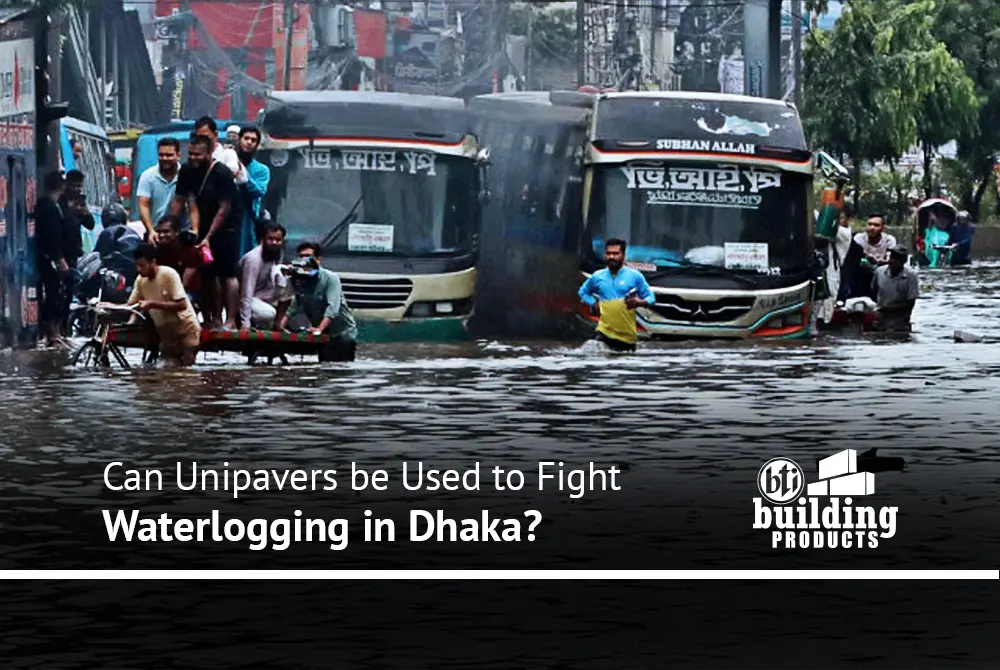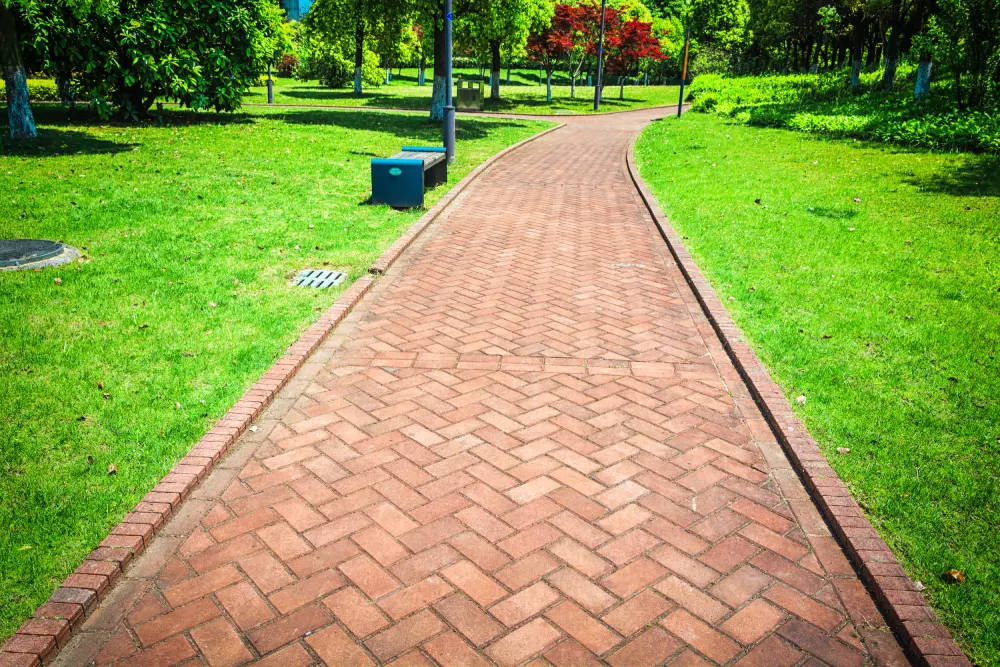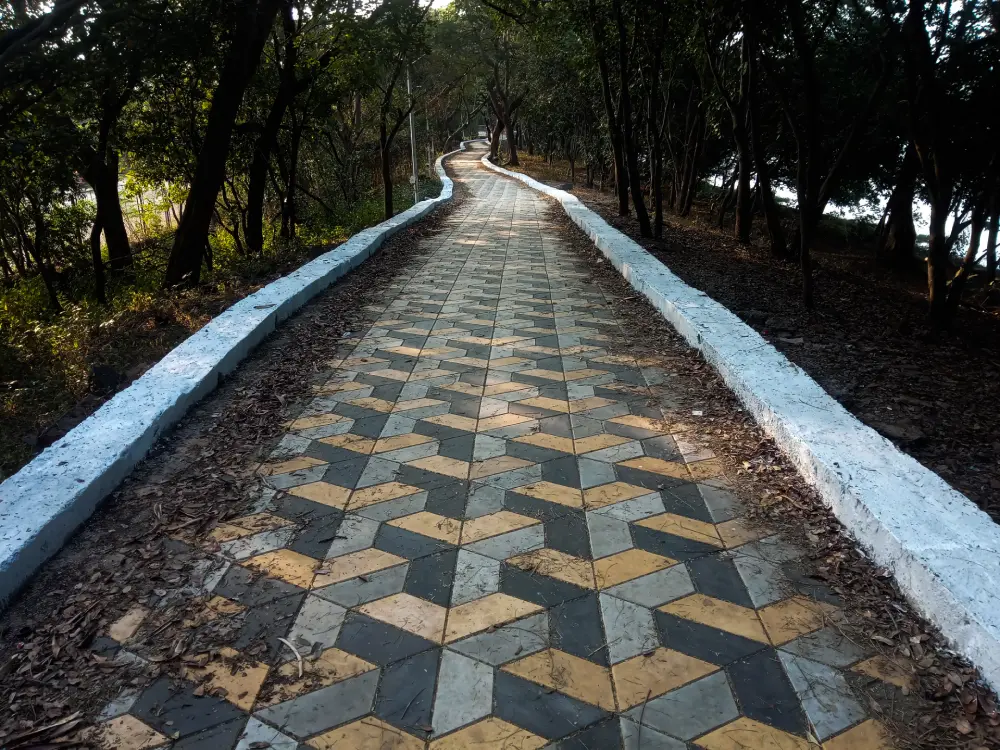
Can Unipavers be Used to Fight Waterlogging in Dhaka?
Dhaka, the heart of Bangladesh, has long struggled with one recurring urban challenge — waterlogging. Each monsoon brings with it flooded streets, stalled traffic, and disrupted lives. Despite continuous urban development, poor drainage systems and rapid unplanned construction have exacerbated the situation. As city planners and construction experts seek sustainable solutions, one question stands out: Can Unipavers help mitigate waterlogging in Dhaka?
Let’s explore what Unipavers are, their key uses, and how they can play a vital role in improving Dhaka’s drainage and urban resilience.
What Are Unipavers?
Unipavers are interlocking concrete blocks that are widely used for outdoor paving applications. Unlike traditional concrete slabs or asphalt, Unipavers are designed with small gaps and joint patterns that allow water to seep through or drain efficiently. Their modular nature makes them easy to install, maintain, and replace, while their strength ensures durability under heavy loads.
In Bangladesh, Unipavers are commonly used for driveways, walkways, parking lots, and open spaces. They come in various shapes, colors, and textures — enhancing both functionality and aesthetics.
Uses of Unipavers
The uses of Unipavers extend far beyond beautification or surface stability. These versatile blocks serve multiple practical purposes in urban design and sustainable construction:
- Driveways and Parking Areas
Unipavers provide a stable, non-slippery surface ideal for vehicles. Their interlocking pattern distributes weight evenly, reducing surface cracks and deformation.
- Pedestrian Walkways and Public Spaces
They are used extensively in walkways, parks, courtyards, and sidewalks for both visual appeal and safety.
- Industrial and Commercial Zones
Heavy-duty Unipavers are installed in factory yards and loading docks due to their ability to withstand substantial pressure and frequent movement.
- Eco-Friendly Urban Infrastructure
Some Unipaver designs include permeable variants that allow rainwater to pass through, replenishing groundwater and preventing surface runoff.
How Unipavers Can Help Combat Waterlogging
To understand how Unipavers can be part of Dhaka’s waterlogging solution, it’s essential to focus on their permeability and drainage-friendly design.
- Promoting Natural Water Absorption
Unlike conventional concrete pavements, Unipavers can be laid with small gaps filled with sand or gravel, allowing rainwater to percolate into the soil below. This natural infiltration process reduces surface water accumulation and helps recharge underground water levels.
- Reducing Surface Runoff
In Dhaka, where impermeable surfaces dominate the landscape, rainwater often has nowhere to go but the streets. By replacing large stretches of impermeable roads and courtyards with Unipavers, we can significantly reduce surface runoff and the pressure on the city’s drainage system.
- Enhancing Stormwater Management
Permeable Unipavers work as miniature drainage systems. During heavy rain, water seeps through the paver joints, slowing down flow and minimizing flooding risks. When combined with a proper sub-base design, they can store and gradually release excess water into the soil or stormwater channels.
- Ease of Maintenance and Repair
One of the most practical advantages of Unipavers is their modular structure. If a section becomes clogged or damaged, it can be easily lifted, cleaned, and reinstalled without disturbing the rest of the pavement — an essential feature for managing long-term urban infrastructure.
- Aesthetic and Environmental Benefits
Apart from functional advantages, Unipavers enhance the beauty of roadsides, parks, and public areas. Using light-colored or reflective Unipavers can even help reduce heat absorption, contributing to cooler microclimates and better environmental quality.
Real-World Applications and Global Examples
Many developed cities have already adopted permeable paving systems to tackle waterlogging and improve stormwater management.
- Singapore integrates porous pavements across parking areas and walkways as part of its sustainable urban drainage initiative.
- Tokyo has installed water-permeable paving in flood-prone neighborhoods to minimize surface flooding.
- Kuala Lumpur and Jakarta, cities facing similar monsoon challenges as Dhaka, are increasingly using Unipavers and other permeable materials to improve drainage and urban resilience.
These global examples show that the technology is proven and effective — it’s now about adapting it strategically for Dhaka’s specific urban conditions.
Implementing Unipavers in Dhaka — The Way Forward
To maximize the benefits of Unipavers in Dhaka , careful planning and policy-level decisions are needed. Here are a few steps that can help:
- Promote Permeable Designs in Urban Planning
City authorities can make it mandatory to use permeable paving in parking lots, sidewalks, and open public spaces. This will gradually increase water absorption capacity across the city.
- Encourage Private Developers
Real estate developers and commercial property owners can play a key role by adopting Unipavers in driveways, building entrances, and landscapes. Beyond functionality, this also adds a touch of elegance to their projects.
- Integrate with Drainage Networks
For maximum efficiency, Unipaver installations should be integrated with underground drainage systems. This ensures smooth water flow even during heavy downpours.
- Raise Public Awareness
Homeowners and businesses can also benefit from Unipavers in their own premises. Replacing traditional concrete surfaces with Unipavers in courtyards or pathways can prevent localized flooding during rain.
Challenges to Consider
While Unipavers are an effective tool against waterlogging, they are not a standalone solution. Some challenges include:
- Proper Installation: Incorrect laying or a lack of proper base materials can reduce permeability.
- Maintenance: Paver joints can get clogged with dirt or debris over time, reducing drainage efficiency. Regular cleaning and sand replacement are required.
- Cost Factor: Initially, Unipavers may seem more expensive than traditional concrete, but their long-term benefits and durability offset the cost.
Unipavers offer a sustainable, aesthetic, and practical solution to one of Dhaka’s most persistent urban problems — waterlogging. Their ability to allow water infiltration, reduce surface runoff, and support stormwater management makes them a valuable asset for modern city planning.
While Unipavers alone cannot eliminate waterlogging entirely, integrating them into urban infrastructure, residential complexes, and public spaces can significantly reduce the impact of heavy rains. By embracing such sustainable construction practices, Dhaka can move closer to becoming a cleaner, greener, and more resilient city.






